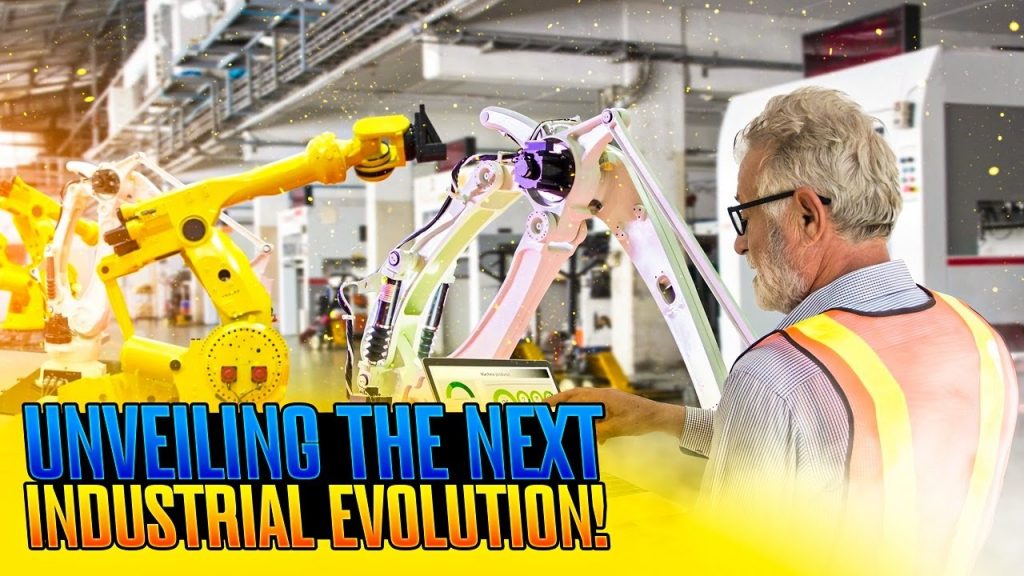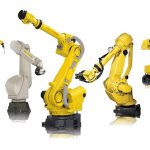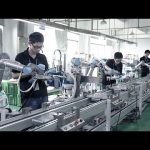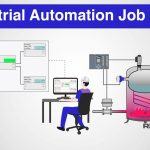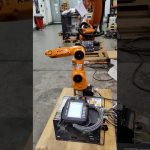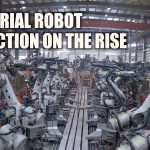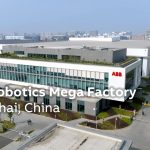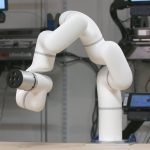Welcome to our channel! In this captivating video, we delve deep into the fascinating world of robotics in manufacturing and explore how it has revolutionized the industry. Robotic manufacturing has become the next industrial evolution, transforming the way products are made and increasing efficiency and productivity.
Robotic manufacturing refers to the use of automated machines, also known as robots, to perform various tasks in the manufacturing process. These robots are equipped with advanced technologies and sensors, allowing them to carry out complex operations with precision and speed.
One of the key benefits of robotic manufacturing is its ability to streamline production processes. Robots can work tirelessly, 24/7, without the need for breaks or rest. This significantly reduces production time and increases output, leading to higher productivity levels for manufacturers.
Moreover, robots in manufacturing are highly flexible and can be easily programmed to perform different tasks. This eliminates the need for manual reconfiguration of production lines when switching between products, saving both time and resources. The versatility of robots also allows manufacturers to adapt quickly to changing market demands and produce a wide range of products efficiently.
In addition to improving productivity, robotic manufacturing offers enhanced quality control. Robots are capable of performing repetitive tasks with consistent precision, minimizing human errors and variations. This ensures that products meet strict quality standards, leading to higher customer satisfaction and reduced waste.
Another advantage of robotic manufacturing is its impact on the safety of workers. By automating hazardous or physically demanding tasks, robots help create a safer working environment. This reduces the risk of injuries and allows human workers to focus on more complex and value-added tasks.
The integration of robotics in manufacturing has also led to cost savings for businesses. While initial investment in robotic systems may be significant, the long-term benefits outweigh the costs. Robots can operate with high efficiency, reducing energy consumption and material waste. Additionally, they require minimal maintenance compared to human workers, resulting in lower labor costs.
As the demand for customized products increases, robotic manufacturing provides the necessary flexibility to meet these requirements. With advanced sensors and artificial intelligence, robots can adapt to different product specifications and make real-time adjustments during the manufacturing process. This level of customization would be challenging or costly to achieve with traditional manufacturing methods.
In conclusion, robotic manufacturing has revolutionized the manufacturing industry, bringing numerous benefits to businesses. From increased productivity and efficiency to improved quality control and worker safety, robots have transformed the way products are made. As technology continues to advance, we can expect even more innovations in robotic manufacturing, further enhancing its capabilities and impact.
Check the coil packing solution with leading manufacturers for professional solutions in robotic manufacturing. Industrial Robot
“Revolutionizing Manufacturing: The Future of Robotics in Industrial Evolution”
